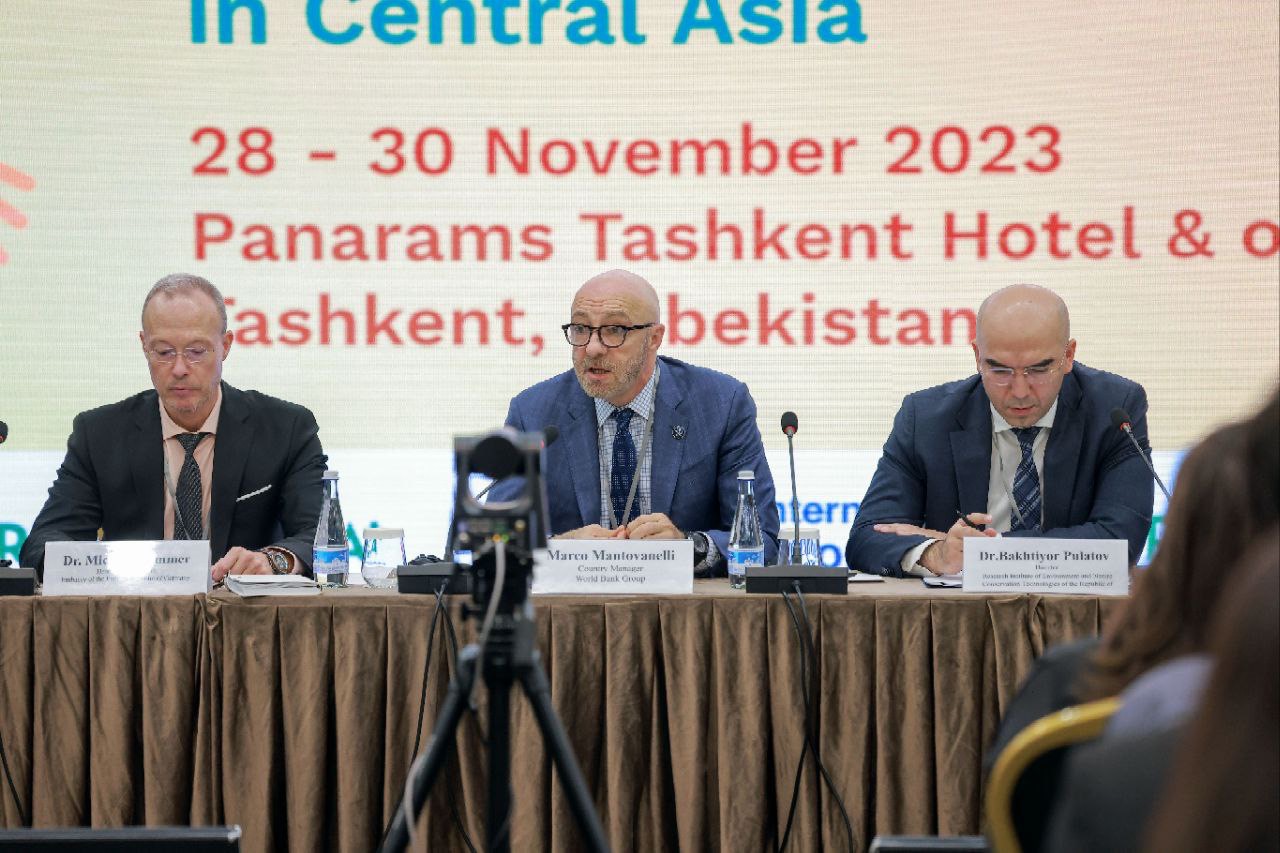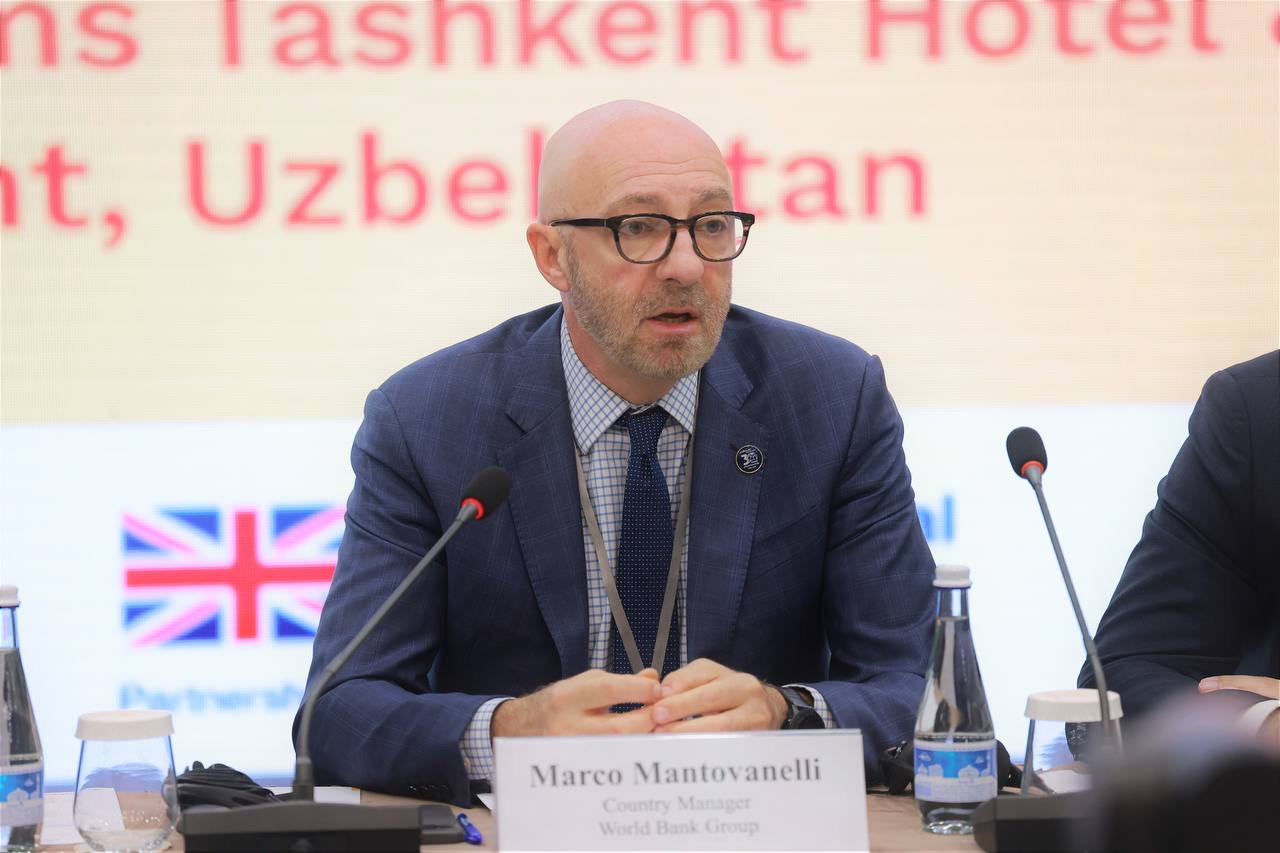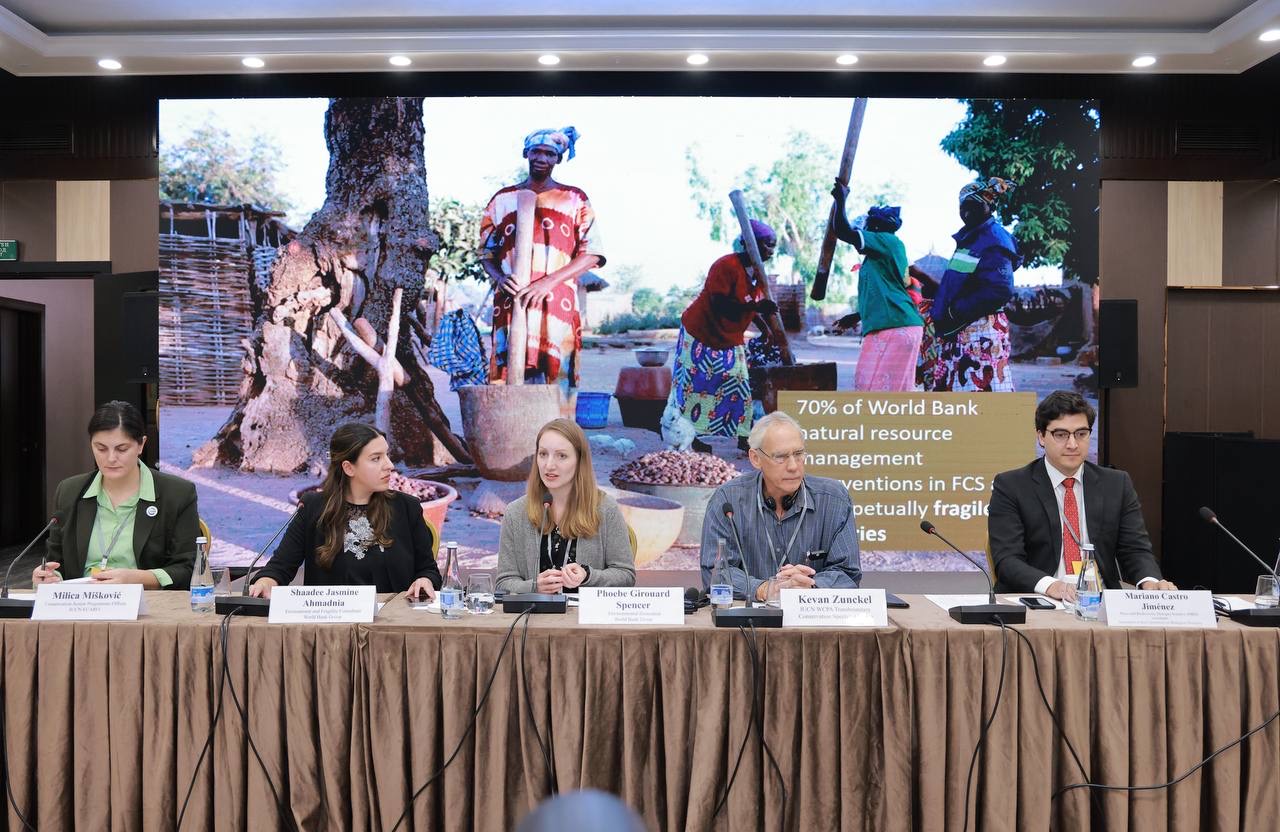A regional dialogue focusing on transboundary nature protection is underway in Tashkent, bringing together representatives from Kazakhstan, Kyrgyzstan, Tajikistan, Turkmenistan, and Uzbekistan. The event, organized by the Ministry of Ecology, Environmental Protection, and Climate Change of Uzbekistan in collaboration with the International Union for Conservation of Nature (IUCN), the World Bank, and the German Society for International Cooperation (GIZ), aims to enhance regional cooperation on biodiversity conservation.

The Minister of Ecology, Environmental Protection, and Climate Change of Uzbekistan, Aziz Abduhakimov, expressed his enthusiasm for hosting the event, emphasizing its potential to facilitate knowledge exchange and collaborative efforts in preserving transboundary biodiversity.
"This is an opportunity for us to utilize ecological and economic benefits in common cross-border corridors in Central Asia and to form common views that will contribute to the development of nature-related tourism," Abduhakimov stated.
The regional dialogue is aligned with the World Bank's Sustainable Landscapes for Central Asia (RESILAND CA+) program and three GIZ regional initiatives: Green Central Asia, Integrated and Climate Sensitive Land Management in Central Asia (ILUCA), and the ecologically oriented regional development (EKO ARAL) programs of the Aral Bay region.

Ecosystems separated by national borders often face challenges due to varying policy and governance structures. Transboundary conservation serves as a crucial mechanism to bridge these differences and encourages cooperation among participating countries. The benefits extend beyond environmental aspects to include political cooperation, fostering friendly relations, economic collaboration, and social development.
Marco Mantovanelli, the representative of the World Bank in Uzbekistan, affirmed the bank's support for regional dialogue and concrete action through the RESILAND CA+ program. He highlighted a specific project that will aid in the restoration of land in six cross-border corridors on the Uzbekistan-Kazakhstan, Uzbekistan-Kyrgyzstan, and Uzbekistan-Tajikistan borders.
"The World Bank welcomes the joint efforts of Central Asian countries to preserve transboundary biodiversity. We will continue to support regional dialogue and concrete action in this area through our RESILAND CA+ programme," Marco Mantovanelli voiced.

Transboundary conservation is pivotal for the long-term survival of migratory species, enhancing protected areas and improving connectivity. Central Asia, with critical migration corridors for rare species like gazelle and saiga, stands to benefit significantly from these conservation efforts.
Boris Erg, Director of the European Regional Bureau of the International Union for Conservation of Nature (IUCN), emphasized the importance of a common vision, political leadership, and public participation for successful transboundary conservation. He noted the recent inclusion of Turanian temperate deserts in the UNESCO World Natural Heritage sites list as a testament to the growing potential of nature protection in Central Asia.

IUCN is actively supporting the development of a transboundary cooperation framework between Kazakhstan, Kyrgyzstan, and Uzbekistan. The organization is working towards coordinated action in the Western Tien-Shan mountain region.
As part of the dialogue, the IUCN World Commission on Protected Areas (WCPA) is conducting training sessions on transboundary nature protection for national authorities, regional experts, and leaders of protected areas. These sessions utilize analytical methods developed by the IUCN Transboundary Conservation Specialist Group, assessing the feasibility of cross-border initiatives, managing stakeholder interests, and mitigating potential risks.
Follow Daryo's official Instagram and Twitter pages to keep current on world news.
Comments (0)